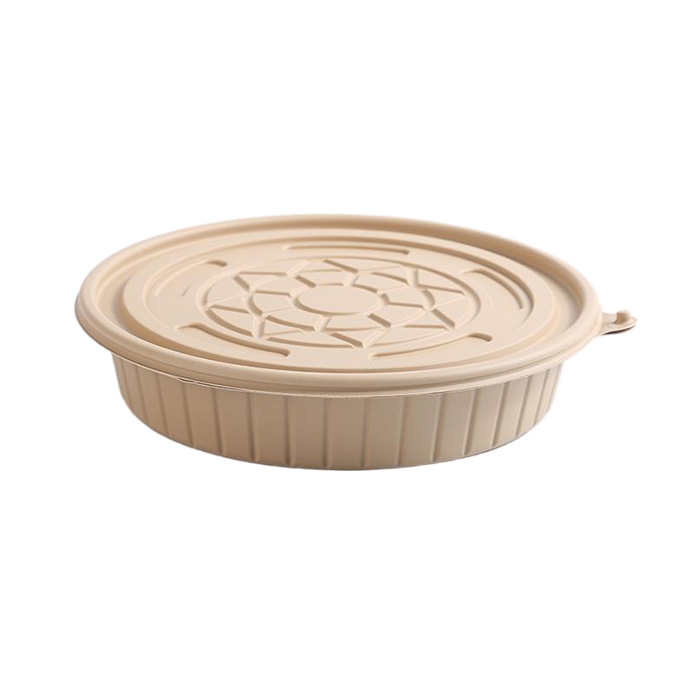Refrigerant in Mechanical Engineering: Unveiling the Cooling Powerhouse
In the realm of mechanical engineering, refrigerants play a pivotal role in enabling efficient and effective cooling systems. These substances, carefully selected for their unique properties, are the lifeblood of refrigeration technology. In this article, we will delve into the world of refrigerants, exploring their composition, functions, environmental impact, and the latest advancements in this field.
- Understanding Refrigerants:
Refrigerants are chemical compounds that undergo phase transitions, absorbing heat from the surroundings and transferring it elsewhere. They are commonly used in various cooling systems, such as air conditioners, refrigerators, and industrial chillers. Refrigerants possess specific thermodynamic properties that allow them to facilitate the cooling process effectively. - Composition and Types of Refrigerants:
Refrigerants can be categorized into different types based on their composition and properties. Historically, chlorofluorocarbons (CFCs) and hydrochlorofluorocarbons (HCFCs) were widely used due to their excellent cooling properties. However, their detrimental impact on the ozone layer led to the development of more environmentally friendly alternatives.
Today, hydrofluorocarbons (HFCs) and hydrofluoroolefins (HFOs) are the most commonly used refrigerants. HFCs, such as R-134a, have a high global warming potential (GWP), contributing to climate change. In contrast, HFOs, like R-1234yf, have a significantly lower GWP, making them more environmentally friendly.
- Functions and Applications:
Refrigerants serve multiple functions in mechanical engineering applications. They absorb heat from the surroundings, causing the refrigerant to evaporate and transform into a gas. This gas is then compressed, raising its temperature and pressure. Subsequently, the refrigerant is condensed back into a liquid state, releasing the absorbed heat into the environment.
Refrigerants find extensive use in various sectors, including residential, commercial, and industrial applications. From keeping our homes cool during scorching summers to preserving perishable goods in supermarkets, refrigerants are indispensable in our daily lives.
- Environmental Impact and Regulations:
The environmental impact of refrigerants has garnered significant attention in recent years. The release of certain refrigerants into the atmosphere contributes to global warming and ozone depletion. Consequently, international agreements, such as the Montreal Protocol, have been established to phase out the use of ozone-depleting substances.
To address environmental concerns, researchers are actively developing alternative refrigerants with lower GWP and improved energy efficiency. Natural refrigerants, such as ammonia and carbon dioxide, are gaining popularity due to their negligible impact on the ozone layer and minimal GWP.
- Advancements and Future Outlook:
The field of refrigerants is constantly evolving, driven by the need for more sustainable and energy-efficient cooling solutions. Researchers are exploring novel materials, such as magnetic refrigerants and solid-state cooling technologies, which have the potential to revolutionize the industry.
Additionally, advancements in refrigerant recovery and recycling techniques are being pursued to minimize environmental impact. These efforts aim to reduce refrigerant emissions and promote a circular economy within the cooling industry.
Conclusion:
Refrigerants are the backbone of cooling systems in mechanical engineering, enabling us to enjoy comfortable indoor environments and preserve perishable goods. As we strive for a more sustainable future, the development and adoption of environmentally friendly refrigerants will continue to shape the industry. By understanding the composition, functions, and environmental impact of refrigerants, we can make informed decisions to promote energy-efficient and eco-friendly cooling solutions.




